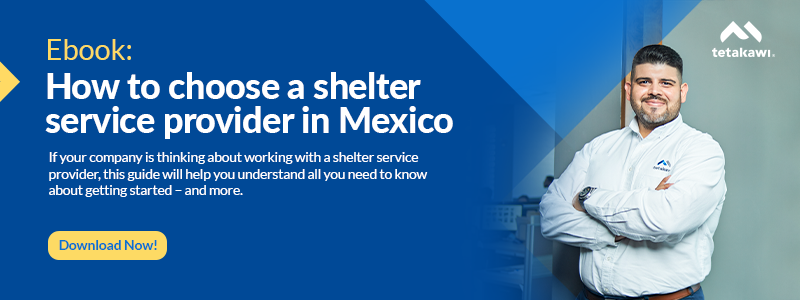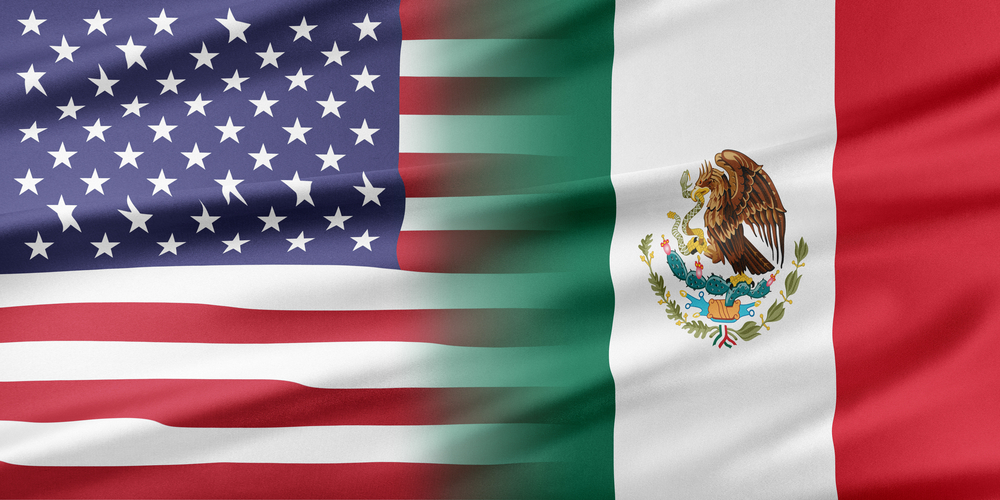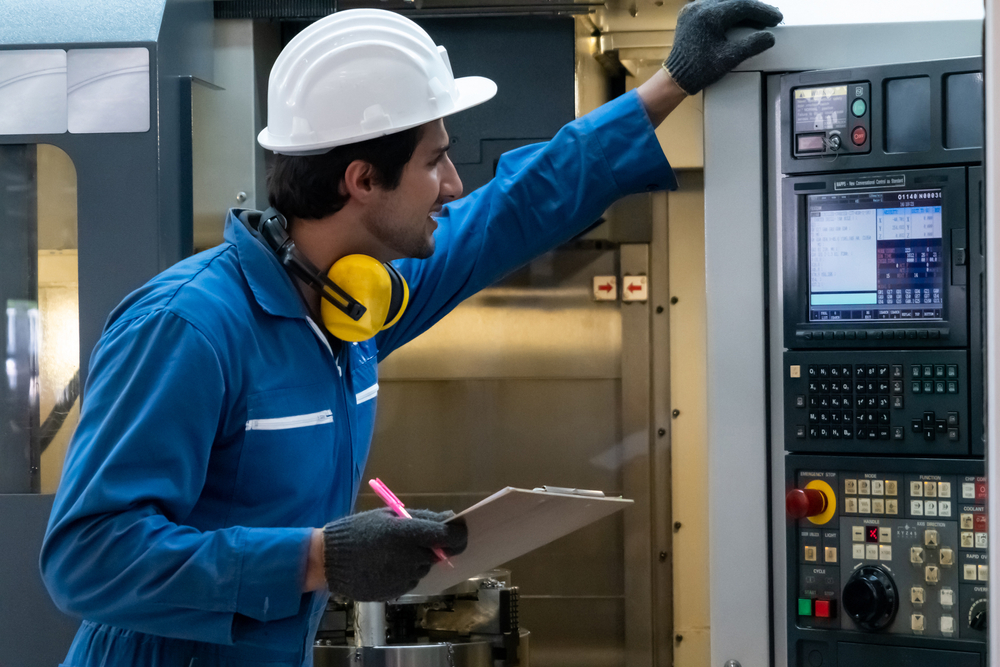Private equity firms are among the many organizations taking steps to move more manufacturing into Mexico as a part of today’s nearshoring resurgence. Data from the Association for Private Capital Investment in Latin America, as reported by The Wall Street Journal, reveals that private investment in Mexico, including venture capital and private equity, reached $3.4 billion in 2022. While that is down from the record-setting $5.6 billion investments in 2021, it remains more than double the 2019 volume of $1.3 billion in private investment. The data does not include the investment in private real estate that is similarly increasing, the result of an influx of industrial companies in need of operational space.
Manufacturers find numerous advantages to operating in Mexico, including lower costs, faster shipments, and a labor force ready to work. These advantages, and the speed with which investment is moving into Mexico, are catching the eye of private investors. Those investors still weighing Mexico’s regulatory challenges against cost advantages may find that the best way to benefit from this move is with the support of a shelter service provider.
Mexico’s private investment landscape
Mexico has grown over the last decade to become Latin America’s second-largest private equity and venture capital market. Today’s increased interest in bringing manufacturing to cost-effective locations near the large U.S. consumer market only stands to bolster that reputation. So too, does the demand for supply chain resiliency that is shifting more industrial products closer to the United States. In fact, global management consulting firm Kearney has ranked Mexico among the top emerging markets in its Foreign Direct Investment confidence index.
It seems many investors share the sentiment of Jill Raker, a managing partner at logistics investor Greenbriar Equity Group, who told the Wall Street Journal, “We feel good right now that the wind is behind the back [of] nearshoring and reshoring, and that’s unlikely to change.”
To serve their clients and fuel the growth of portfolio companies, private equity, and venture capital firms are weighing the benefits of increasing their presence in key manufacturing locations in Mexico against the hurdles to navigating this shift. Chief among these challenges is the complexity of Mexico’s regulatory environment. The country has a reputation for bureaucracy that can slow the pace of an operational launch. Fortunately, there are models available that can mitigate these challenges and speed companies’ successful launch into Mexico.
How the shelter model adds certainty to private investment
Many private investment firms are finding that the shelter model offers significant advantages in navigating Mexico’s regulatory environment and other operational challenges. That is because a shelter company serves as the legal entity of record under whose IMMEX registration private equity groups and their portfolio companies operate. Under this model, the shelter company holds responsibility for regulatory requirements around tax, labor, and trade that come with operating in Mexico. Through this model, equity partners are shielded from many of the risks that are typical of doing business anywhere. Many private investment firms find working with a risk-sharing partner to be a powerful enticement for investment in Mexico.
In addition to their regulatory support, shelter service companies provide a broad range of services that include administrative management, import and export, recruitment, and payroll administration. However, because shelter companies deliver services to a number of different clients, their average variable costs tend to be much lower than a company would be able to achieve on its own. Shelter companies are able to pass these savings on to their clients. These economies of scale are one more way in which Mexico’s shelter model provides investment firms with cost advantages.
In addition, companies launching in Mexico benefit from the economies of learning shelter companies afford them. Because shelter providers are experienced in managing the regulatory, administrative, and recruitment aspects of operations – on either a startup or long-term basis – portfolio companies are able to significantly reduce their speed to market. Some companies are able to launch in Mexico in as little as thirty days when using shelter services.
Companies also find that these economies of learning have strong long-term payoffs as well. Mexico has invested heavily in university-level and vocational training focused on serving the manufacturing sector. In manufacturing clusters, manufacturers are more likely to find staff with the right skill sets and insight into manufacturing that can help quickly get them up to speed on processes. A shelter partner experienced in recruitment in targeted investment locations increases a company’s likelihood of keeping costly turnover low.
How private investment firms can take advantage of this emerging opportunity
With a shelter partner, investors can look beyond Mexico’s regulatory environment and see the opportunity in this growing market. As private equity firm Carmignac writes, strong trade relationships with the U.S., improvements in its rates, and attractive bond markets make Mexico’s under-penetrated market “worthy of investors’ attention.”
Investors who are paying attention to Mexico will find they have options when it comes to shelter providers. Not all providers offer the same level of service or hold the same experience in supporting private equity firms, so it’s essential to perform due diligence to get the level of service you expect.
Tetakawi currently works with a dozen private equity groups. These organizations report that Tetakawi's model provides a quick, scalable way to improve their EBITDA. If you’re ready to expand your strategy to include Mexico, we can help. Contact us to get started.
Subscribe
Sign up and stay informed with tips, updates, and best practices for manufacturing in Mexico.






